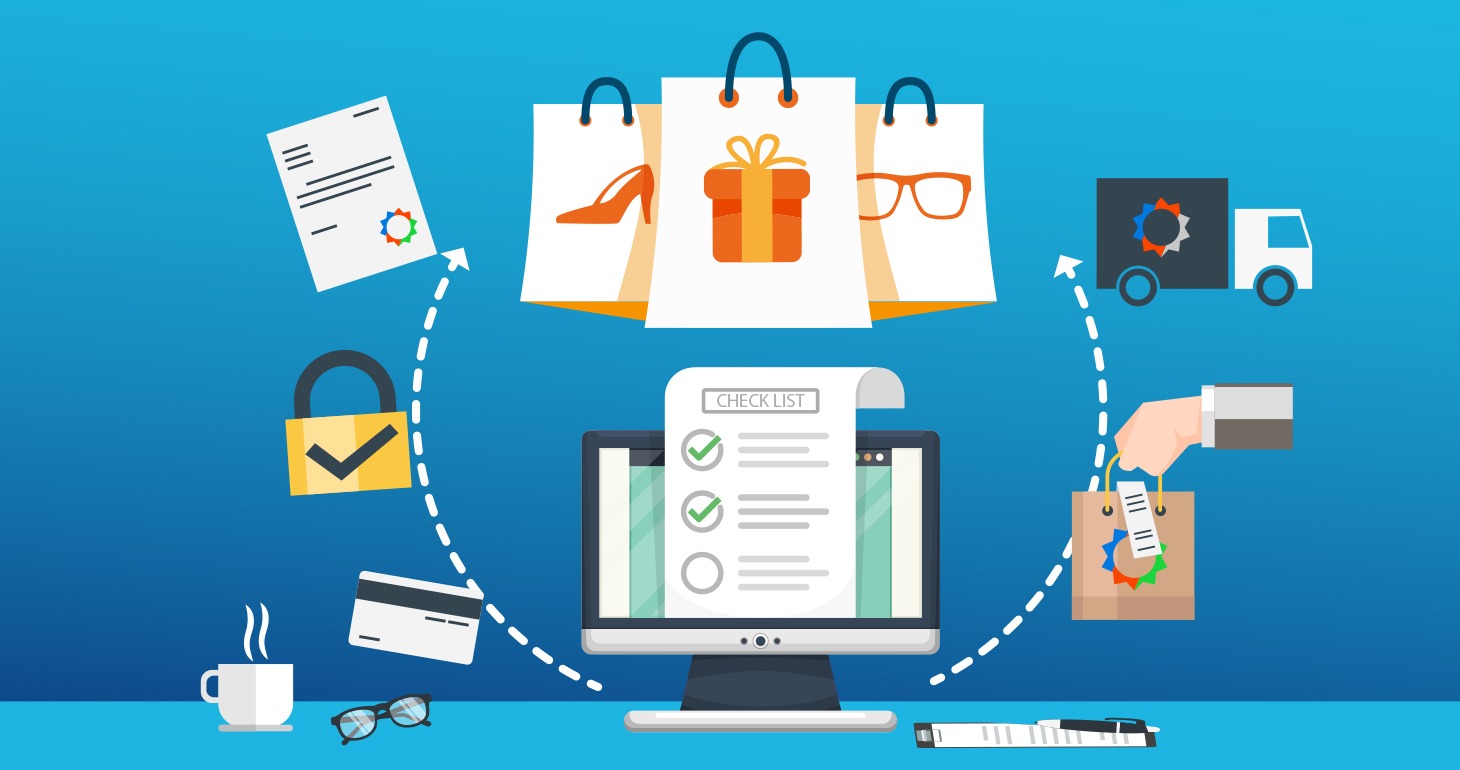With the innovation of e-commerce platforms, building a website today no longer requires anyone a coding degree. Choosing a software company that will do the technical aspects of it is a necessity. You have to assign a tool that can take care of the business’s technicality so you can focus your attention on building your brand or creating a competitive strategy. Nevertheless, being the e-commerce owner, it is still vital that you understand your software provider’s roles, even after your website is done and running.
To keep your system easy and smooth for your customers, you must understand the technical aspects of site development and e-commerce support services. Below are the technical aspects that you need to look into before launching your site:
Architecture
To manifest your ideas and project it into an e-commerce site, you must consider its web architecture. And client-server-based web architecture is the way to go. With this, the server could provide services demanded by clients. In the realm of e-commerce, clients are customers, and the server indicates business applications. Structure of the site, specified URL, keyword data relating to every page content are factors that make up an excellent site architecture.
Security
One must understand e-commerce security standards to keep the website safe from breaches and ward off hackers. Secure Sockets Layer encryption allows secure connection across all transactions and data on your site. You must, from time to time, encrypt data when someone visits and access your website. One feasible way to put this into action and accelerate your site is Hypertext Transport Protocol Secure instead of the generic HTTP.
Backups
There may be incidents that you lose files accidentally where your records are deleted and wiped out. An external or internal issue usually causes this. To avoid any drawbacks, you must provide a backup for your e-commerce store. Having automated backups allows you to recover data way before problems can even occur.
Your service provider will likely be storing data in the cloud of Amazon, Google, or Microsoft. It is ultimately important to choose one of these options, for they are responsible when your site goes down or when any unforeseeable disaster happens. As the site owner, it is your job to determine which service you prefer by writing down and understanding the advantages of the services such as disaster recovery (DR), security, and backup.
Performance
Slow performing websites can make you lose your potential customers. Website speed is critical if you want to launch a professional site. So you also have to remember that detail. It only takes over 3 seconds until your visitors decide to visit another site if yours takes too long to load. Practically, you need a site that will load in less than 100 milliseconds for your visitors to stay and, hopefully, shop. There are e-commerce analyzing tools that you can use to monitor the site and give alerts when problems occur. Keep in mind that the loading timing will depend on the type of device used to open the site; you must keep track and test out how the site loads across multiple devices.
Mobile Commerce
Today, the mobile web dominates the e-commerce industry. And you must know this by now; customers prefer to use their mobile phones to shop rather than open up a laptop and visit a desktop site. The mobile application is a vital aspect that lets you know how strong your e-commerce site can be through extensive monitoring. That’s because content that functions on mobile phone renders, as well, on the desktop and not vice versa. Make sure to develop a mobile app as soon as you start building your e-commerce site.
Website Updates
A website is a direct link for shoppers to connect with you and your company. Naturally, this link has to be creative and up-to-date, bringing an innovative web design necessary for your website. The e-commerce industry is developing, and your e-commerce site should keep up with it too. Choose a vendor who can deliver you up-to-date codes for new features and performance improvements. Unfortunately, vendors supply new code once a day, or worst, once every couple of days. Go for a vendor that can provide code at any time of the day. This way, you don’t need to wait for issues to resolve or new features to go live on your page.
Third-Party Integrations
A wide variety of software must be integrated to run your e-commerce business professionally. Connecting your tools is critical for data intelligence and speed. One example that you can note is when running an email campaign, combining e-commerce platforms and marketing ensures that promotional emails and replies are directly tied back to the site. Through this, you can monitor which strategies worked and which needs more adjustments.
Conclusion
Indeed, a website is more than just where transactions are done. It is more than just being the marketplace where your products and services are sold to customers. E-commerce support services, multiple tools, support technologies, and resources must be taken into account before launching a site. Doing your research is critical in order to have a good start in the e-commerce industry. So, choose an e-commerce provider that offers speed, performance, security, native integrations, and everything mentioned above.


